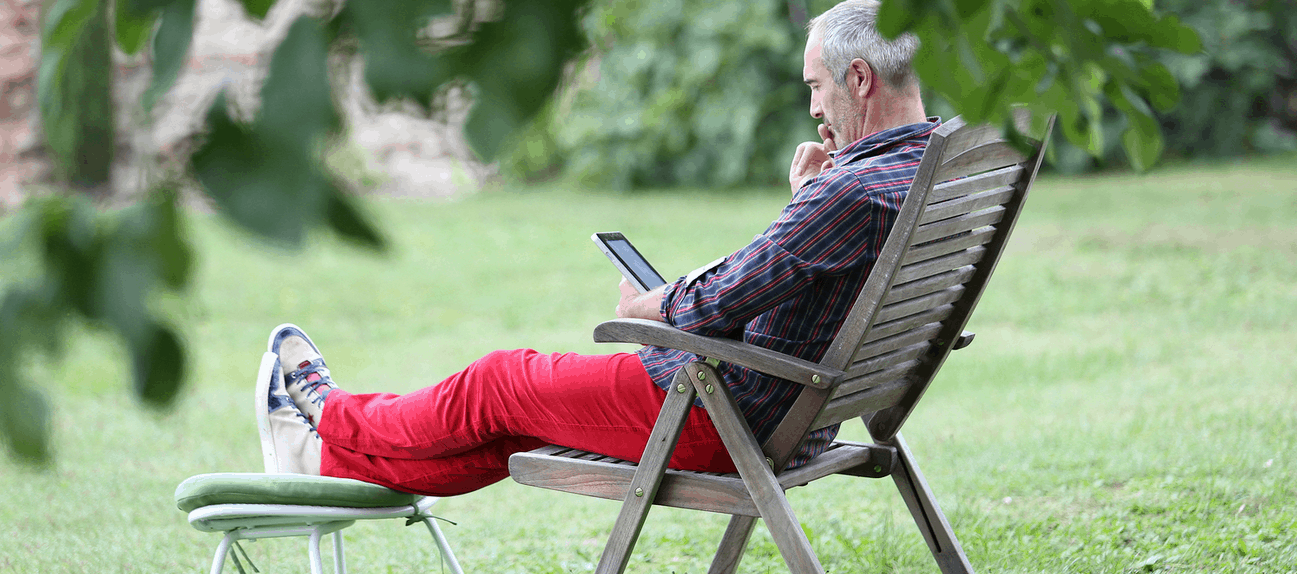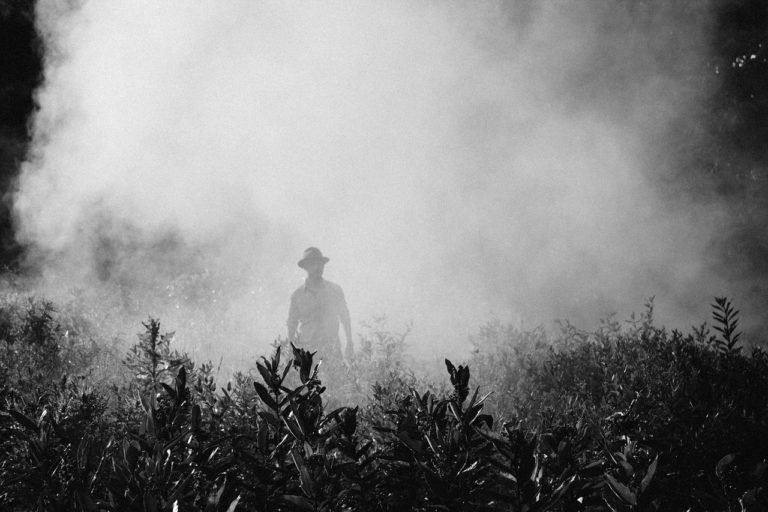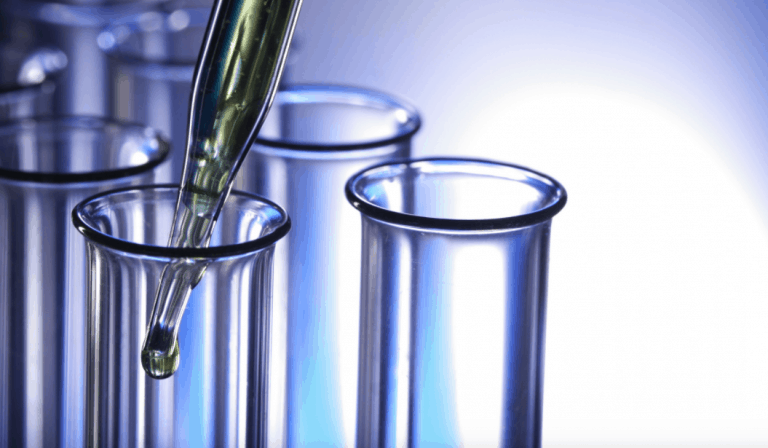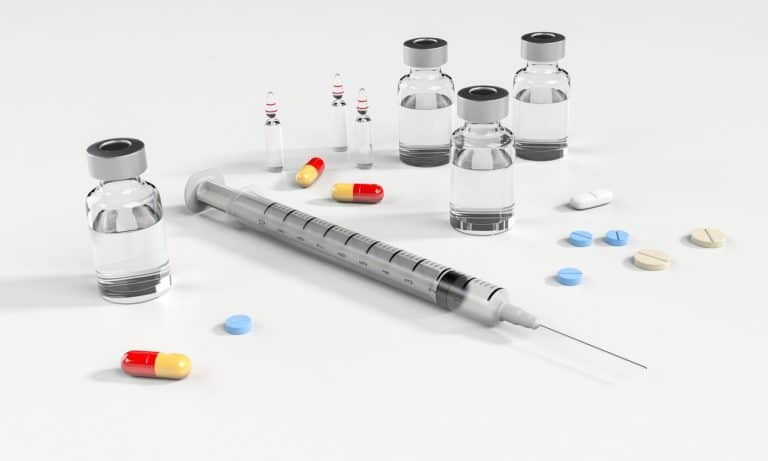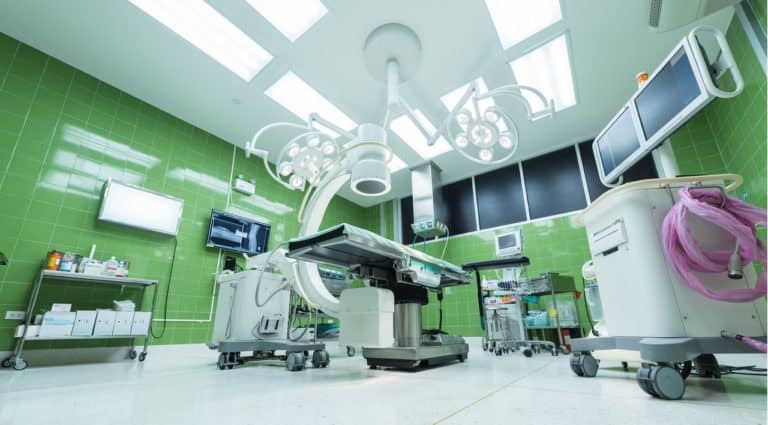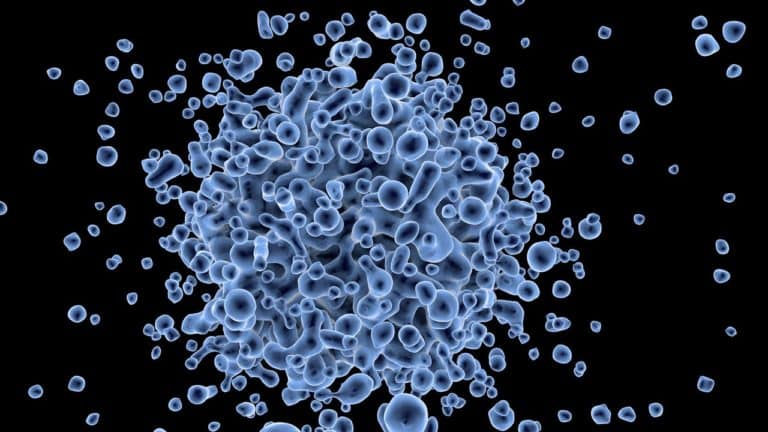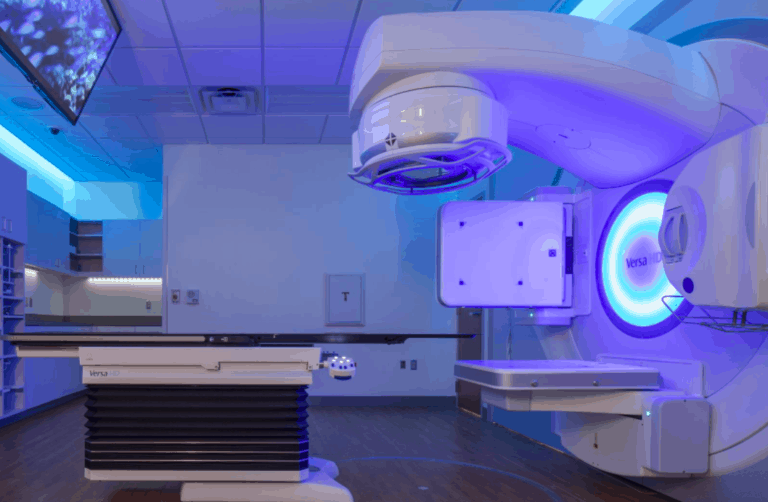If your doctor has recommended that you undergo a prostate biopsy to examine your tissues for prostate cancer, you’re probably reading everything you can find on the procedure. It’s important to become an informed patient. Talk to your doctor about what you can expect during the procedure. Every man’s experience is different. For some it may be unpleasant, with uncomfortable side effects afterward. Other men get through the ordeal with a minimum of discomfort and few side effects. Here’s what you need to know about recovering from the prostate biopsy.
Immediately After Your Prostate Biopsy
Before performing the prostate biopsy, the doctor will have applied a numbing cream to the rectum. Immediately after the procedure, unless you have had general anesthesia, you will be shown to a room where you can wash the area and put your clothes back on. You will be able to drive yourself home.
If you had general anesthesia for the biopsy, you will be taken to a recovery room until the effects of the anesthesia wear off. Even after the hospital discharges you, you will likely feel very sleepy and your mind will seem foggy for a while. You will need to have someone else drive you home.
Resting: If you did not have general anesthesia, you may resume light activities as soon as you leave the hospital, however you may wish to rest after your prostate biopsy for a while. Regardless of whether general anesthesia was used, all patients should avoid strenuous activities for at least four hours following the biopsy. For some patients, the effects of general anesthesia may linger for hours, so you should plan to take the rest of the day off of work.
Diet: Your doctor will likely tell you that you can resume your normal diet following the prostate biopsy. It is important to drink plenty of fluids that day, and for the next few days. Eat a fiber-rich diet to prevent constipation. A great meal plan for prostate health is The Prostate Diet. Additionally, try to avoid foods and beverages that can irritate the bladder, such as alcohol, caffeinated beverages, and spicy foods.
Medications: Your doctor likely started you on a course of antibiotics prior to the prostate biopsy in order to prevent infection. It is crucial that you complete the full course of antibiotics, even if you do not notice any symptoms of an infection. Talk to your doctor about which medications you may use to relieve pain. An over-the-counter nonsteroidal anti-inflammatory drug (NSAID) may be recommended.
Side Effects: Some mild pain or rectal soreness is common for a few days after the procedure. Inform your doctor if you experience worsening pain. It is also normal to notice a little blood in your urine, stool, or semen. You may also pass blood clots in your urine. Inform your doctor if the bleeding persists after the first two to three days, or if you have heavy bleeding. Also, inform your doctor if you are unable to urinate. If you develop a fever or chills, call your doctor right away. These symptoms could be signs of an infection.
Discussing the Results: Expect the results of your prostate biopsy within 10 days. Hopefully, the results will show normal prostate tissue, which indicates the absence of prostate cancer. In some cases, the pathologist will find abnormal cells that are not cancerous. If cancerous cells are detected, the cancer will be graded with the Gleason score, which is a ranking from 2 to 10. A lower Gleason score ranking indicates that the cancer is not as aggressive and is not likely to spread quickly. The reverse is true with a higher ranking. If the test results indicate prostate cancer, your doctor will work with you to develop the right treatment plan for you.

